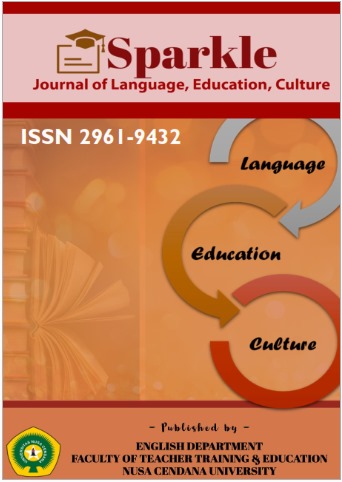THE TRADITIONAL GOVERNMENT SYSTEM OF MANGGARAIAN CULTURAL COMMUNITY
Abstract
This paper describes the traditional government system of Manggaraian cultutal community in view of social anthropology. The study is descriptive. The results of the study show that the traditional government system of Manggaraian cultural community is based on genealogical relationships traced according to the father's line known as wa'u as a patrilineal-genealogical clan. The highest leader of the wa’u known as the tu'a golo is of the wae tu’a as the eldest descendants of the wa’u who has spiritual authority. The tu'a golo as the highest leader of the wa’u carried out not only executive duties but also judicial duties as a village justice that can be clearly seen when there is a dispute between and among the members of the wa'u. The tu'a golo as the highest leader of the wa’u is assisted by the tua teno who carries out the technical duties of opening new farming land and distributing farming land into sectors. The traditional government system of Manggaraian cultural community is no longer applied in their today’s lives. The change began to occur when Bima and Goa colonized the region of Manggarai through the implementation of a government system in the form of a kingdom. As a result, most of the members of Manggaraian cultural community, especially those of younger generation, do not know exactly the system of traditional government inherited from their ancestors.
Downloads


 Fransiskus Bustan(1)
Fransiskus Bustan(1)
